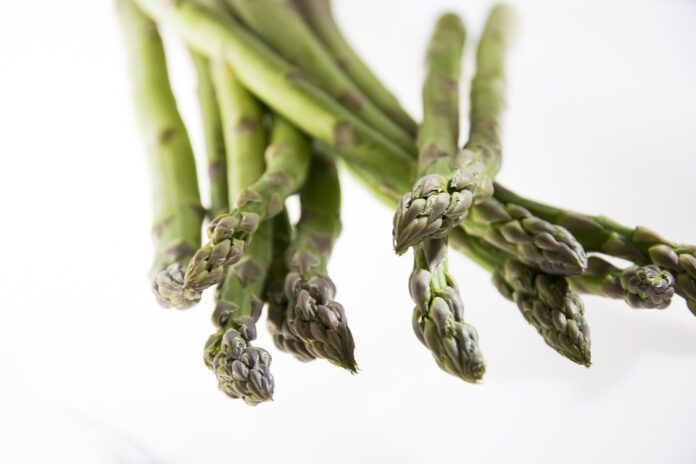The Rise of Flexitarian Diets
Flexitarian diets, which are primarily plant-based but allow for occasional consumption of meat and other animal products, have been gaining popularity in recent years. This dietary approach appeals to individuals who are looking to reduce their meat intake for health, environmental, or ethical reasons, without fully committing to a vegetarian or vegan lifestyle. As a result, the demand for versatile vegetarian products has been on the rise, as more consumers seek out plant-based alternatives to traditional animal-based foods.
Changing Consumer Preferences
One of the key drivers behind the increasing demand for versatile vegetarian products is the shifting preferences of consumers. Many people are becoming more conscious of the impact of their food choices on both their health and the environment. Flexitarian diets offer a way to reduce meat consumption without completely eliminating it, making them a more attainable option for individuals looking to make healthier and more sustainable choices.
According to a report by Grand View Research, the global plant-based meat market is expected to reach $13.8 billion by 2027, with a compound annual growth rate of 19.4%. This growth is fueled by the growing popularity of flexitarian diets and the increasing availability of plant-based alternatives in the market.
Industry Insights
Several major food companies have recognized the potential of the flexitarian market and have been investing in the development of versatile vegetarian products. Beyond Meat and Impossible Foods, two of the most well-known plant-based meat companies, have seen significant growth in recent years as more consumers adopt flexitarian diets.
Beyond Meat, for example, reported a revenue of $406.8 million in 2020, a 36.6% increase from the previous year. The company’s products are now available in over 112,000 retail and foodservice outlets worldwide, highlighting the growing demand for plant-based alternatives.
Impossible Foods, known for its plant-based burgers and sausages, has also seen rapid growth, with a valuation of over $4 billion as of 2021. The company has expanded its product offerings and distribution channels to meet the increasing demand for plant-based options among flexitarian consumers.
Financial Data
In addition to the success of plant-based meat companies, other segments of the food industry are also benefiting from the rise of flexitarian diets. Plant-based dairy alternatives, such as almond milk and oat milk, have seen a surge in demand as more consumers look for dairy-free options.
According to a report by Nielsen, sales of plant-based milk alternatives in the United States grew by 20% in 2020, reaching $2.5 billion in retail sales. Companies like Oatly and Silk have capitalized on this trend by offering a wide range of plant-based milk products to cater to the needs of flexitarian consumers.
Conclusion
In conclusion, flexitarian diets are driving the demand for versatile vegetarian products, leading to significant growth in the plant-based food industry. As more consumers embrace a more plant-centric approach to eating, companies that offer plant-based alternatives are poised to capitalize on this growing market. With the continued expansion of product offerings and distribution channels, the future looks bright for versatile vegetarian products in the global food market.




